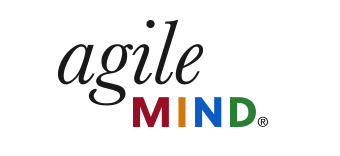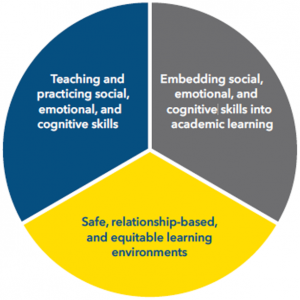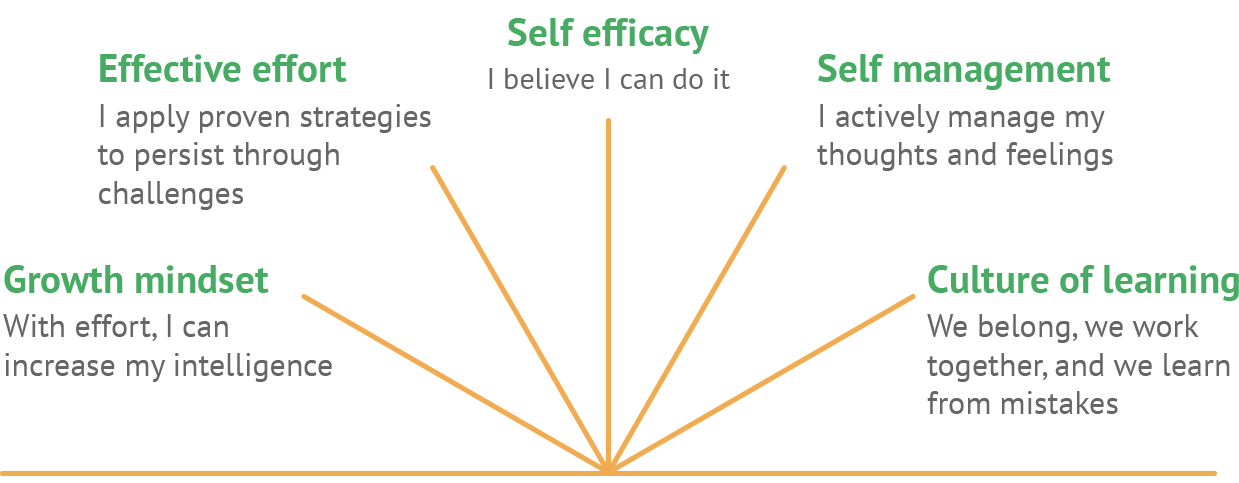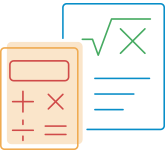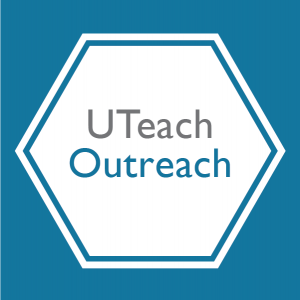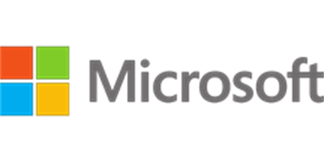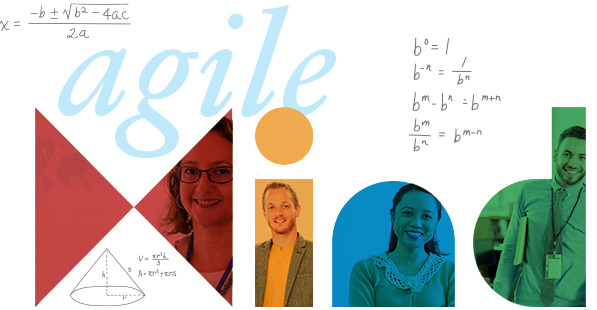UTeach and Academic Youth Development
Thanks to funding from Microsoft we are pleased to provide an opportunity to help with mathematics learning losses as a result of COVID-19 to interested districts to participate in Agile Mind’s Academic Youth Development (AYD) summer program. The program is designed as a summer bridge program to support students development of key skills and mindsets for transitions from Elementary School to Middle School Mathematics.
This website provides resources to orient you to the AYD summer program and the outcomes that students and educators who participate in this initiative can experience and provide you with information about how your schools can apply.
Click here to read more about the importance of SEAD
Social, Emotional, and Academic Development (SEAD) Essential for Success in a COVID World
Participating District Responsibilities
The AYD program, teacher access, student access and associated professional development are funded by Microsoft. The program can be delivered virtually, face-to-face, or with a hybrid model. Partnering districts have the following responsibilities:
- Determine if the program will be delivered in-person, virtually or in a hybrid model.
- Identify students to attend Agile Mind’s Academic Youth Development (AYD) summer program. Seats are limited and may only be filled by rising 6th grade students receiving Federal Free/Reduced Lunch who fully register by April 30th
- Provide registration support to qualifying students who register for the AYD program.
- Raise awareness and recruit current 5th students from feeder Elementary Schools for participation by disseminating information and recruitment materials about AYD provided by UTeach Outreach to students and families.
- Identify a primary contact and counselor/advisor contact for each participating school OR a district-level primary contact for all district applications.
- Ensure that every participating student has a functioning device and internet access throughout the program. Provide a point of contact who can be reached during the summer months should device or connectivity issues arise.
- Assign and financially support two middle school teachers for each class to take responsibility for implementing the program.
- Ensure that participating teachers attend virtual professional development to learn how to implement the program. The professional development will be scheduled in early May, with times and dates to be determined and agreed upon by participating districts. The professional development seminar is a total of 6 hours–two 3-hour sessions.
Academic Youth Development Introduction and Walkthrough
This video shares an overview and demonstration of the program, including key ideas and strategies that support students’ learning.
Information and Interest Survey
After you have reviewed this site, please complete this brief survey to let us know if you are interested and we can work with you to determine next steps.
About AYD
AYD connects students’ social and emotional learning (SEL) to challenges in school. More students succeed in school, career, and life when they learn skills that support their social and emotional development and then explicitly connect those skills to their academic learning.
This suite of programs translates the latest research on student mindset, motivation, learning, and persistence into practical classroom strategies and tools that can be enacted every day, in every classroom, to produce a lasting impact on every student.
AYD summer programs help students develop the habits of mind
and actions associated with success in school and the workplace, and
have daily opportunities to apply new learning to challenging problems
in mathematics.
Integrating SEL with challenging mathematics
Academic Youth Development connects students’ learning with foundational mathematics content. Students apply new skills to real-world problem-solving in areas of mathematics that are essential to their grade-level achievement. They learn and refine proven strategies for mathematics success, and collaborate with peers to analyze and understand problem situations, develop conjectures, and describe their thinking.
AYD Outcomes
This document highlights outcomes for students and educators who participate in AYD, in terms of what they know and do related to key ideas and strategies in the program.
Frequently Asked Questions
This one-page document shares common questions students have about Academic Youth Development.
AYD Fact Sheet
This document describes the Academic Youth Development family of programs and the benefits for educators, students, and school systems.
Transforming the Culture of Learning
In this video created by Pharr-San Juan-Alamo ISD (TX), students and teachers describe the impact of Academic Youth Development on their mindsets and their classroom learning culture. Students in this video were entering Algebra I in the fall. Teachers of our program for rising middle school students share similar perspectives.
Changing Attitudes & Mindsets
In this brief video, a teacher and her students describe the impact of Academic Youth Development on students’ mindsets for learning.
Productive Struggle
In this brief video, a teacher and her students describe how AYD helps them apply strategies to persist through academic challenges.
Changing the Culture of Learning Mathematics
In this brief video, a teacher and her students share how AYD helps students change how they feel, think about, and respond to mathematics.
For more information
about the Academic Youth Development Summer Program and Professional Development offered by Uteach and to discuss if it is right for you, please contact:
Chris Costello
Director of UTeach Outreach
costello@uteach.utexas.edu
512-557-1137
Nationally Respected Authors
Our math programs are developed in collaboration with the Charles A. Dana Center at The University of Texas at Austin.
Thank you for your time and consideration as we work together to transform achievement in math and science — for all students!
